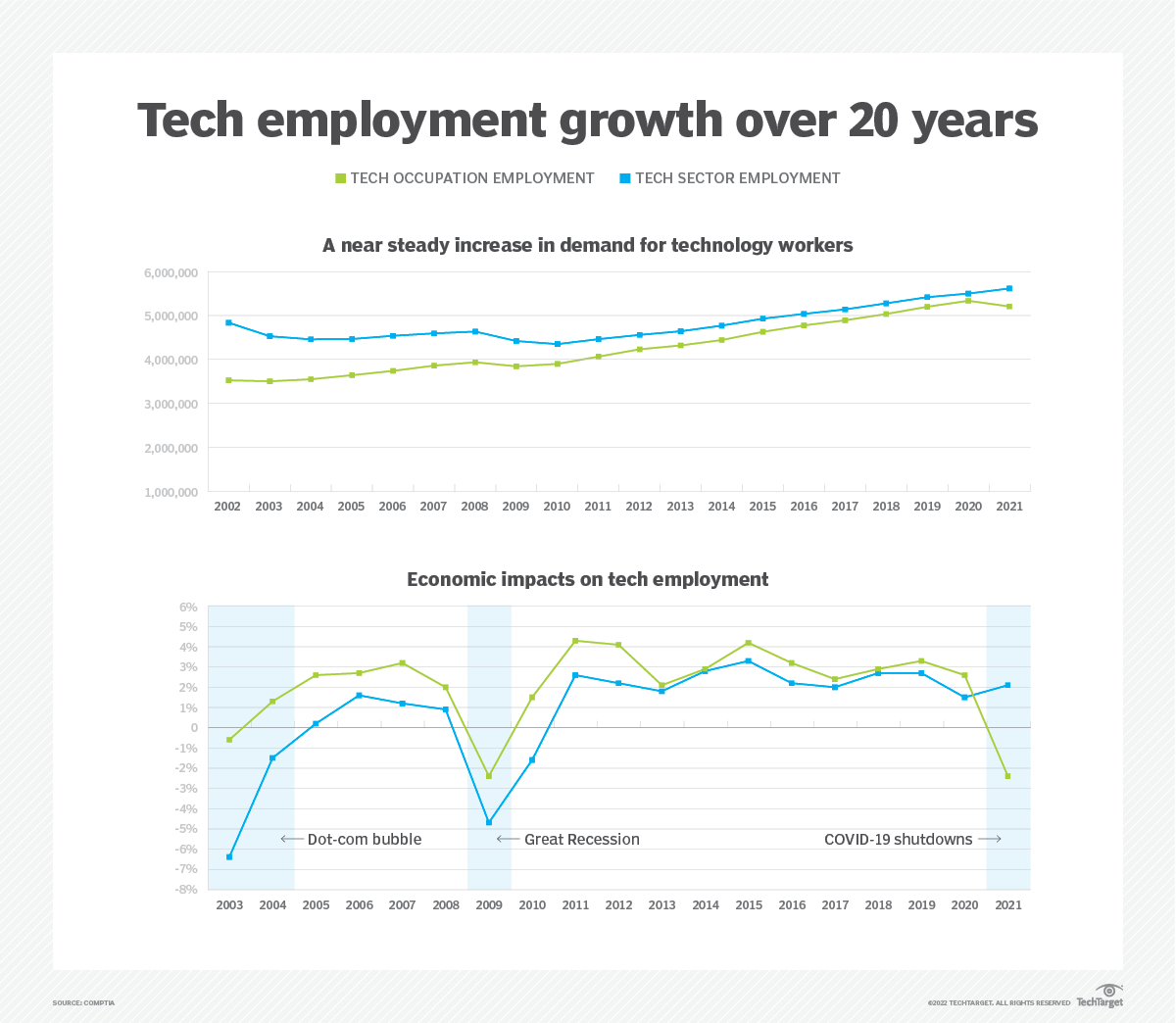
Facebook’s announcement last year about creating the Metaverse (and subsequent rebranding to Meta) kicked off a great deal of PR from the tech industry as everyone from established game companies to decentralized finance wildcats raced to plant their flag in the ground. Roughly a year has passed and in the interim the initial fervor has died down as people face a very real conundrum – the vision of the metaverse is neither all that new nor necessarily all that much more achievable than it was before.
Instead, there’s been balkanization as various sectors have gone off in different directions concerning the fundamentals, including the very real question of what exactly the metaverse is. Ask a gaming company, and the metaverse is a massive multiplayer game. Companies specializing in industrial Iot see the Metaverse through the lens of communicating with drones, digital twins, and IoT devices. DeFi companies see money (of course) even if there’s not much there to actually sell. Data companies see data, and big beefy data servers. Identity management companies see an authentication space. Teleconferencing companies see the Metaverse as teleconference nirvana.
Given these very competing visions, it’s not surprising that what is emerging now is the realization that standards will be necessary. GPU giant nVidia has spearheaded their Omniverse platform as the next generation, but the other major player in this space, but they are not completely in synch with the Khronos Group, which has been developing 2D and 3D standards for the last thirty years (such as OpenGL). The Metaverse Standards Forum has become something of a super organization, with many of the key players in this space now participating as members, looking not just at one particular aspect of the problem, but the deployment of a global platform that others can build on top of.
It is possible that specific companies may very well go their own way, looking to create close-walled visions of metaversal platforms, but arguably, the momentum for standardization means that such companies may very well find themselves isolated within the next few years, struggling to form alliances with companies that have already committed to the standardization effort. Additionally, it’s worth noting that open standards are not the same thing as open source: open standards refer to an agreement to utilize commonly held APIs, while open source necessitates that no specific part of the stack can be proprietary. My expectation is that at least some of the MSF stack will be open-sourced, but that this will be very much a plug-and-play type operation.
One other significant datapoint in this standardization process. The Web was built on Javascript. The Metaverse will likely be built on Python. This preference on Python over Javascript seems to be consistent across most of the various companies and organizations that are involved in these standards efforts, Whether Javascript will become a primary alternative still remains to be seen, but the bias is clearly there.
If history is any guide, the next few years will likely seem fairly quiet on the Metaverse side of things, at least on the surface. The hard work now is not really in creating new technology, but in coordinating known technology across an emerging API stack. Data management will be one of those stacks – graph-based, running primarily on GPUs, distributed, massively parallel, and federated. This means that by about 2025, a lot of this effort in the background will start percolating up into a cohesive whole, at which point the fun part begins.
In Media Res,
Kurt Cagle
Community Editor, Data Science Central.
Data Science Central Editorial Calendar: July 2022
Every month, I’ll be updating this section with a lot of topics that I’m especially looking for in the coming month. These are more likely to be featured in our spotlight area. If you are interested in tackling one or more of these topics, we have the budget for dedicated articles. Please contact Kurt Cagle for details.
- Bayesian Graphs
- Gato and GPT-3
- Labeled Property Graphs
- Telescopes and Rovers
- Data Meshes
- ML Transformers
- AGI
- RTO vs WFH
If you are interested in posting something else, that’s fine too, but these are areas that we believe are hot right now.
DSC Featured Articles
Picture of the Week


